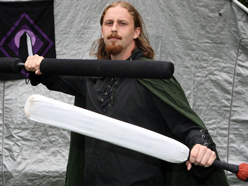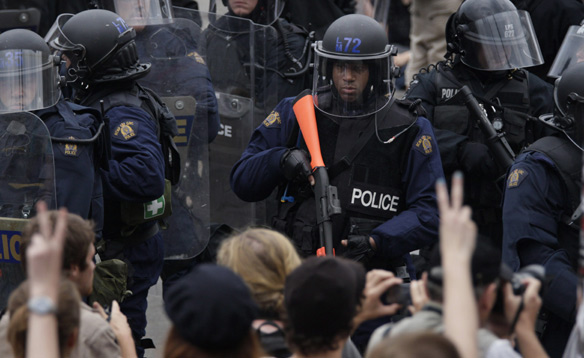Bill Keller of the New York Times weasel-words around the Kennedy School study confirming that the Times and other mass-circulation dailies did not use the word “torture” to describe waterboarding when it became apparent that the Bush administration practiced it.
This of course does not add anything to what we already know, but it is a remarkably candid manifestation of the editorial cowardice of the mainstream media when confronting the power it is supposed to challenge. The issue of waterboarding was never, as Keller puts it, a “political dispute” — it was and is a matter of law, and the law has never been ambiguous.
Bill Keller, the executive editor of The Times, said the newspaper has written so much about the issue of water-boarding that “I think this Kennedy School study — by focusing on whether we have embraced the politically correct term of art in our news stories — is somewhat misleading and tendentious.”
In an e-mail message on Thursday, Mr. Keller said that defenders of the practice of water-boarding, “including senior officials of the Bush administration,” insisted that it did not constitute torture.
“When using a word amounts to taking sides in a political dispute, our general practice is to supply the readers with the information to decide for themselves,” Mr. Keller wrote. “Thus we describe the practice vividly, and we point out that it is denounced by international covenants and human rights advocates as a form of torture. Nobody reading The Times’ coverage could be ignorant of the extent of the practice (much of that from information we broke) or mistake it for something benign (we usually use the word ‘brutal.’)”





